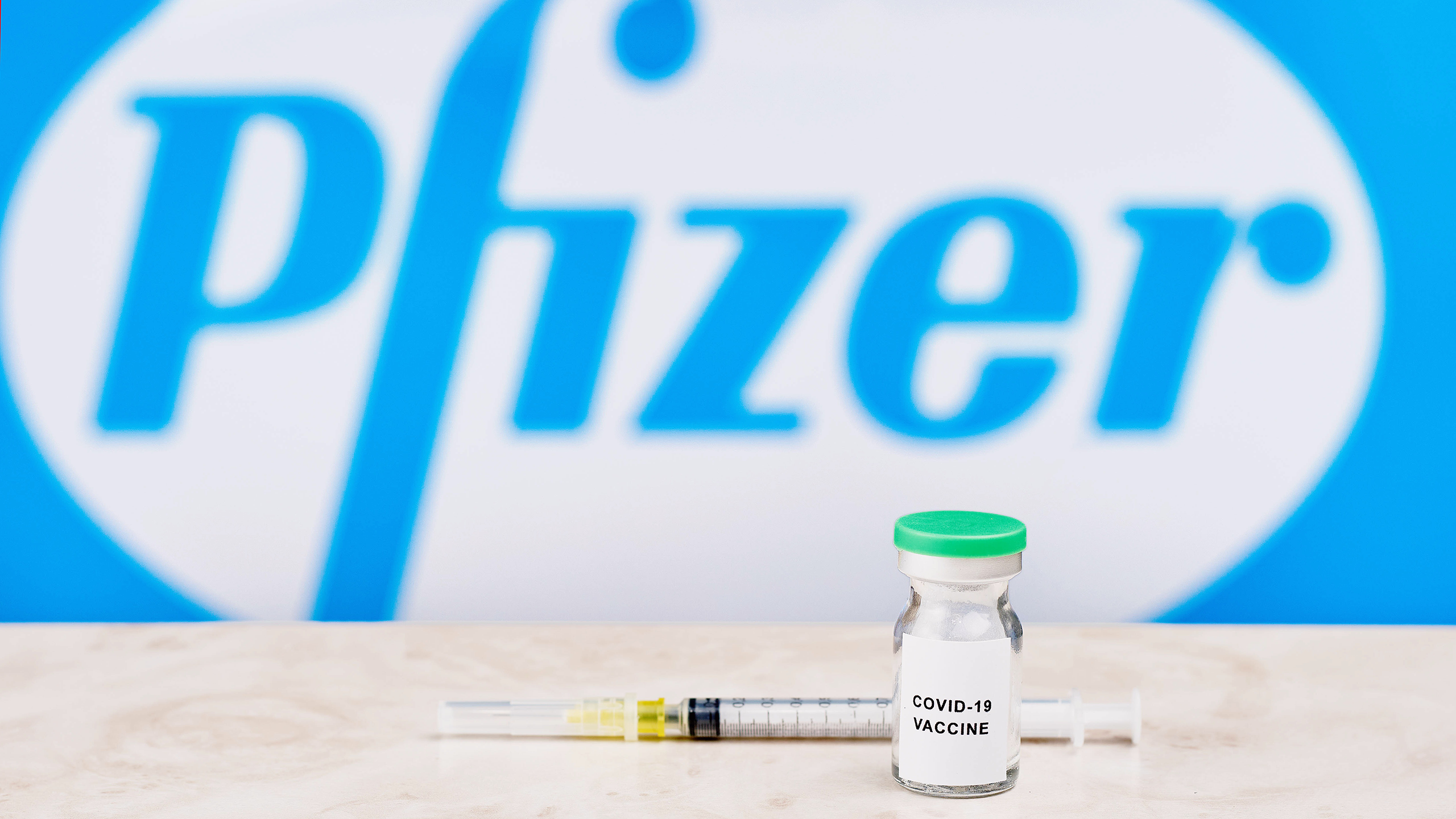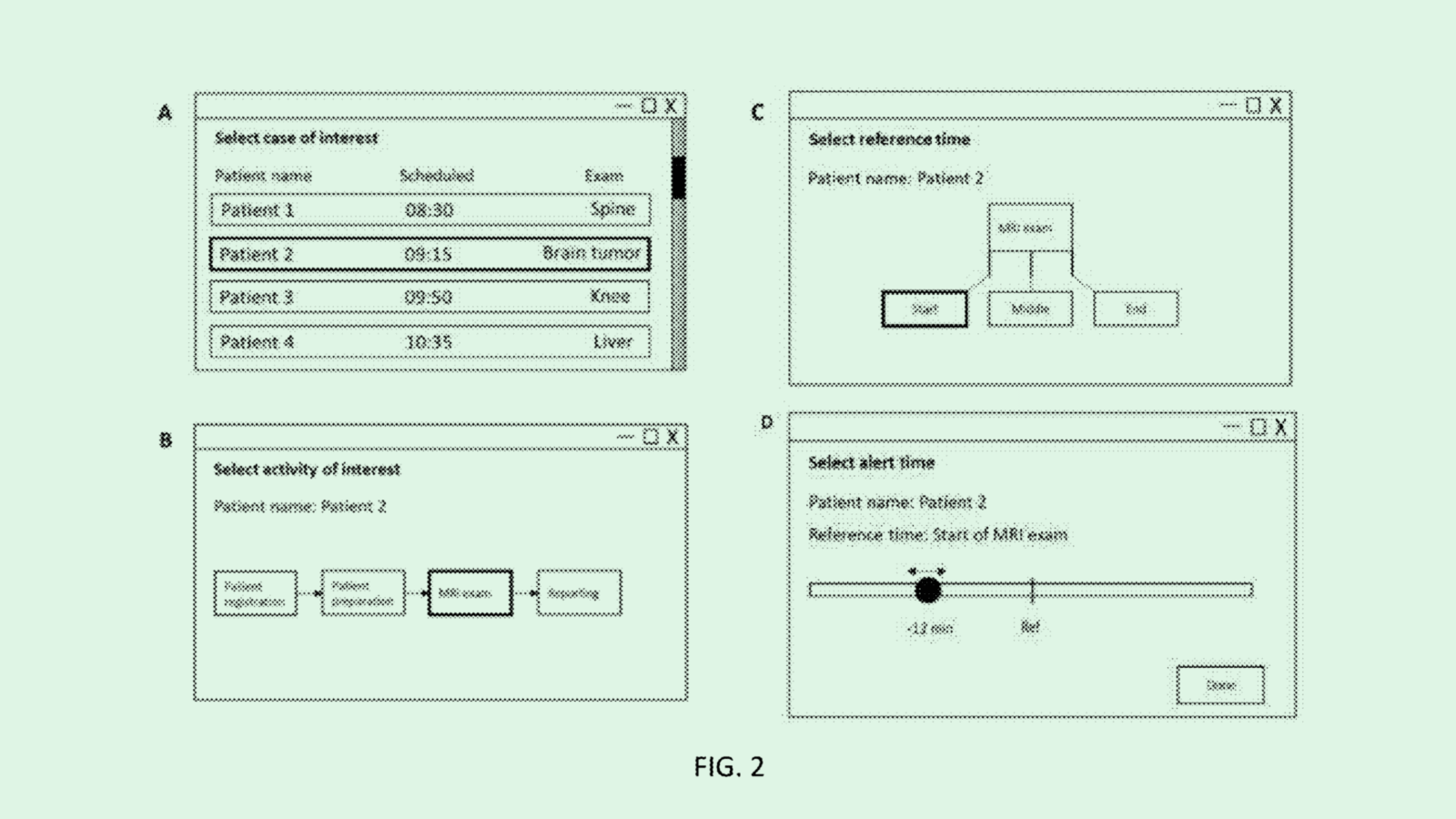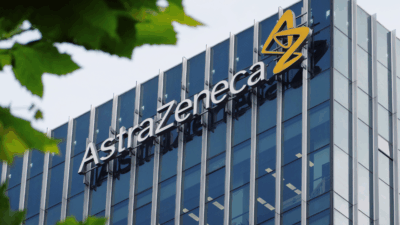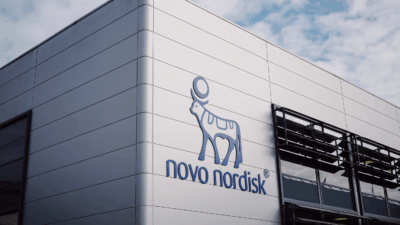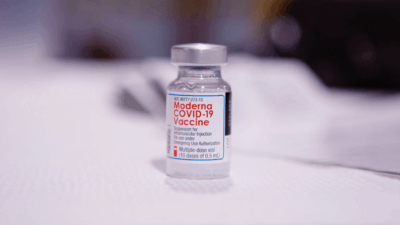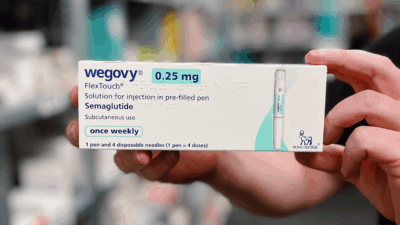Pfizer Built a Covid Empire, But the World Has Moved On
Pfizer’s stock slumped its lowest level in more than 10 years. The world’s moved on from the pandemic, and nobody loves you when you’re down.
Sign up for smart news, insights, and analysis on the biggest financial stories of the day.
Two years ago, Pfizer was hailed as a hero, keeping us safe from Covid with its groundbreaking technology. But the world’s moved on from the pandemic, and nobody loves you when you’re down.
Pfizer’s stock slumped nearly 7% on Wednesday to its lowest level in more than 10 years after the company said 2024 profit and revenue would fall well below Wall Street’s expectations. The weak outlook dovetails with the rough state the biotech industry has found itself in since the pandemic began winding down — unless your company has a weight-loss drug.
Masks Down, Gloves Off
Alongside its partner BioNTech, Pfizer was pharma’s biggest name at the pandemic’s height. Its vaccine, and similar ones produced by Moderna and Johnson & Johnson, were miracle drugs that allowed families to spend holidays with each other again and put workers back in offices without the fear of catching or spreading the virus. Thanks to high sales of its vaccine and post-infection Paxlovid treatment, Pfizer generated more than $100 billion in revenue in 2022 for the first time in company history.
Fast-forward one year, however, and demand isn’t the same. The Centers for Disease Control says that roughly 70% of Americans received the first two doses of a vaccine, but less than 20% got a booster. More than a few factors are at play here, including the falloff in public service announcements, political polarization, and the reality that covid isn’t a death sentence for most people who aren’t elderly.
Pfizer still expects as much as $61.5 billion in revenue in 2024, which is still a lot of money, but not when the Street was expecting at least another billion on the top line:
- In October, Pfizer said it planned to cut $3.5 billion in costs by the end of 2024. The measures include closing down a New Jersey facility, shuttering two operations in North Carolina, and laying off hundreds of employees. On Wednesday, the company bumped the cost-cut target up to $4 billion.
- To diversify its revenue streams, Pfizer is acquiring Seagen, a biotech company that develops antibody-based therapies for cancer treatments, for $43 billion.
Out of the Woods?: Though the writing has been on the wall for biotech for the past year, The Wall Street Journal reminds readers it’s a marathon, not a sprint. Promising industry advancements are being made in oncology, gene editing, and psychiatric treatment, but the real draw for investors might be those rate cuts everyone is praying for in 2024. It often takes years for biotech companies to bring a product to market, so lower borrowing costs should lift all biotech boats not in the weight-loss ocean.
